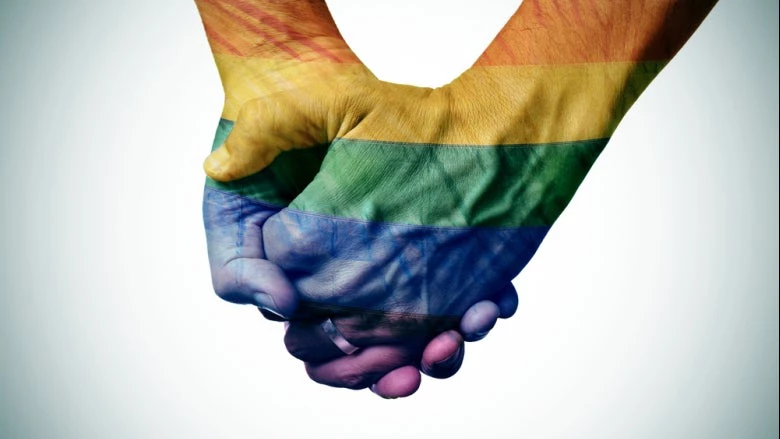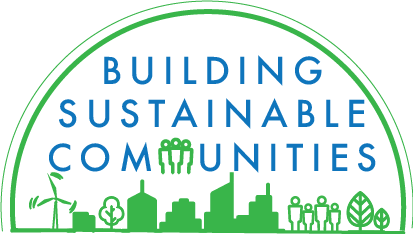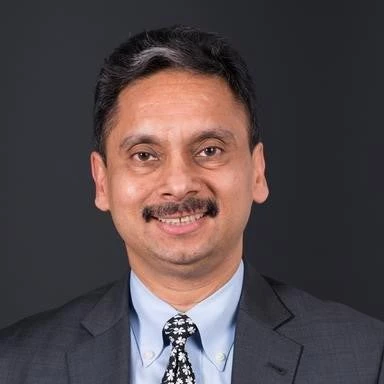 Lgbti Western Balkans
Lgbti Western Balkans
Every year on May 17, we mark the International Day Against Homophobia, Transphobia, and Biphobia (IDAHOT) and honor the tremendous progress that lesbian, gay, bisexual, transgender, and intersex (LGBTI) people have made globally in claiming rights and promoting inclusive societies.
For instance, in January 2019, Angola decriminalized same-sex relationships and passed a bill making it illegal to discriminate against people based on their sexual orientation. In 2018, India’s Supreme Court unanimously struck down the colonial-era ban on consensual gay sex after an 18-year legal struggle. Even now, the supreme courts of Kenya and Botswana are deliberating on the decriminalization of homosexuality. This progress has been achieved thanks to the relentless commitment and hard work of LGBTI activists, allies, and governments, locally and around the globe.
IDAHOT is a day to remind ourselves of the immense challenges and barriers that LGBTI people still face, which hinder their participation in society. Time and again, empirical evidence has shown that exclusion – based on characteristics, such as gender, sexual orientation, disability, race, ethnicity, and religion – is not only unjust, but also increases poverty and impedes economic growth. Therefore, LGBTI inclusion is not only a fundamental social justice issue, but also a critical economic issue that is vital to achieving the Sustainable Development Goals (SDGs), as well as the World Bank’s twin goals of ending extreme poverty and boosting shared prosperity.
To present credible evidence to the World Bank’s clients that exclusion based on sexual orientation and gender identity (SOGI) is a major problem for society and the economy alike, we need much more data than we currently possess. Where we have data, it’s narrowly focused on one aspect of an issue – such as HIV but not more broadly health. On the issue of violence against LGBTI people, while data is collected on this in quite a lot of places, it is not collected consistently, not in the same way, and not asking the same questions across countries, resulting in data that is often not comparable from place to place.
At the World Bank, we are committed to use our comparative advantage to help fill the LGBTI data gap and expand the evidence base on SOGI exclusion.
Recently, we completed two innovative research projects in Thailand and the Western Balkans, in which we looked at education, employment, housing, access to financial markets, as well as the role that violence based on SOGI plays in exclusion.
Out of the 3,500 LGBTI respondents to the survey in Thailand, 60% of transgender people, 30% of lesbians, and 20% of gay men reported experiencing discrimination at work. The online surveys in the Western Balkans, that reached over 5,500 LGBTI people, collected valuable data on the socio-economic effects of discrimination and exclusion. The data will help countries identify policy gaps and design more inclusive programs. We are also partnering with the Inter-American Development Bank on a joint research project to better understand the economic costs of exclusion based on SOGI in Latin American countries.
In addition to research and analysis, we are taking concrete steps to foster LGBTI inclusion both in our development work worldwide and within the institution.
While the experience of integrating SOGI issues in development projects is in the early days, we now have two good examples in Argentina and Chile. In Argentina, the Argentina Youth Employment Support Project team collaborated with the National Ministry of Production and Labor with a focus on building the capacity of employment offices (EOs) throughout the country to better address the challenges women face in getting access to training and the formal job market. In a subset of these EOs, the project is also addressing the challenges faced by persons with disabilities, indigenous people, and LGBTI people. In Chile, a World Bank project, currently under implementation to strengthen the capacity of State Universities, aims to provide technical assistance to social inclusion centers in selected State Universities to address the challenges faced by students with disabilities, indigenous students, migrant students, and LGBTI students.
At the institutional level, the World Bank Group set up a SOGI Task Force to support SOGI inclusion in programs and partnerships with countries in which we work. The Task Force provides informal guidance to senior leadership, as requested, and supports all parts of the institution on SOGI-related issues. It also works to foster collaboration with external partners, and internally to ensure SOGI inclusion in the Bank’s analytics and operations. Importantly, the SOGI Task Force meets two or three times a year for dialogue with LGBTI civil society organizations and advocates from different countries, who know the Bank and its operations.
A new tool critical in our efforts to promote social inclusion for all in our work, including for LGBTI people, is the Environmental and Social Framework (ESF). As part of the ESF, we now have a Directive on Addressing Risks and Impacts on Disadvantaged or Vulnerable Individuals or Groups, which explicitly references sexual orientation and gender identity. This Directive provides guidance to the World Bank’s teams on designing projects in a manner that minimizes the possibility of discrimination against anyone.
On IDAHOT, we acknowledge that there is still work to be done on many fronts when it comes to a world free of discrimination and exclusion, including of LGBTI people. At the World Bank, we are deeply committed to supporting our client countries in advancing to a future in which sexual and gender minorities do not face discrimination and do not fear social, political, and legal exclusion – a world in which each person can contribute fully to their communities and to their economies.
READ MORE:
- Feature story: Why LGBTI Inclusion Is Key to Shared Prosperity
- Video blog: Three things we need to know about "SOGI"
- Video blog: Building LGBTI alliances isn’t just for solidarity, but key to shared prosperity
- Report: Economic Inclusion of LGBTI Groups in Thailand
- Topic brief: Sexual Orientation and Gender Identity (SOGI)
- Subscribe to our Sustainable Communities newsletter
- Follow @WBG_Cities on Twitter



Join the Conversation